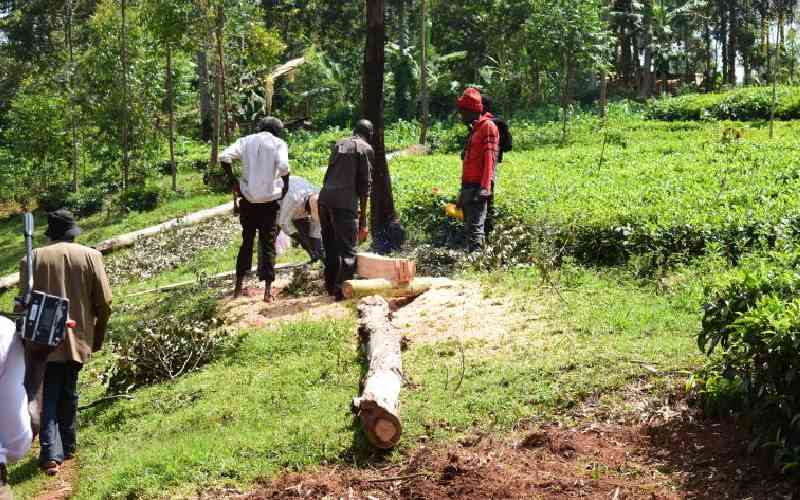×
The Standard e-Paper
Stay Informed, Even Offline

Many agree that the taste of food cooked using gas is different from that made on charcoal-fuelled jiko. What then do we do to continue enjoying tasty food without destroying our forests?
As the International Women's Day celebrations continued, the International Day of Forests, themed "Forests and innovation: New solution for a better world", came on Thursday, bringing to mind the relationship between different gender and forests.







